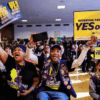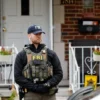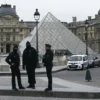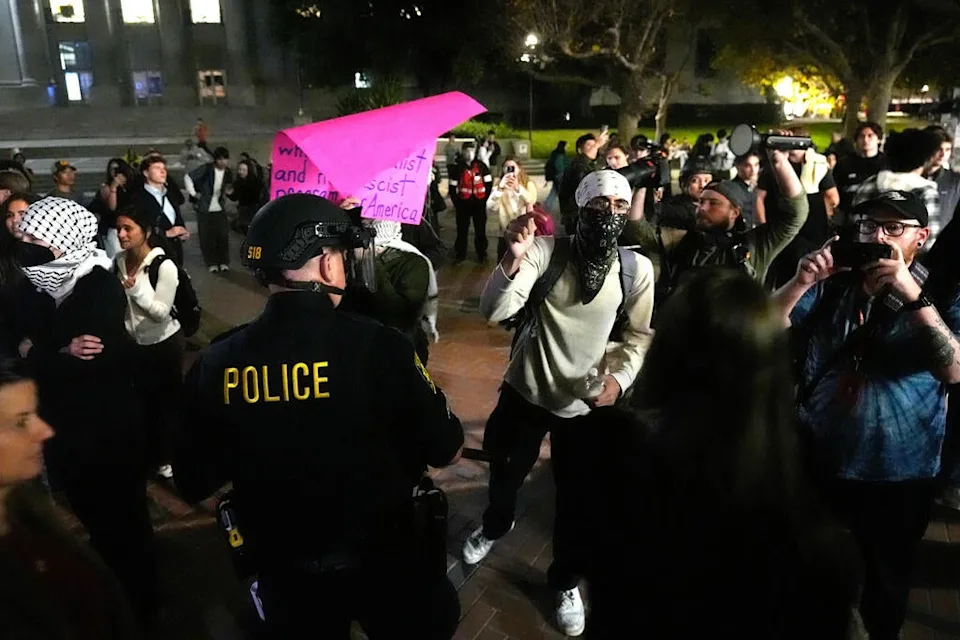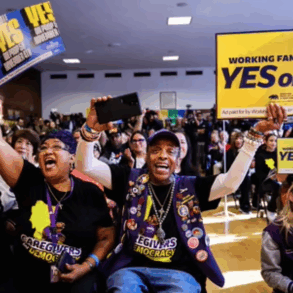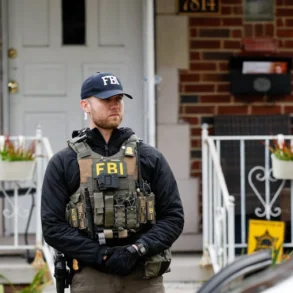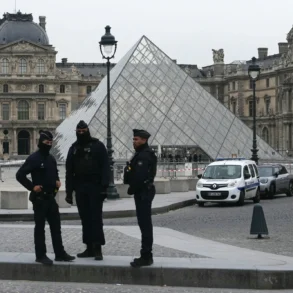In a move that highlights ongoing debates over free speech and campus safety, the U.S. Department of Justice (DOJ) has launched an investigation into the protests that erupted at the University of California, Berkeley, during a Turning Point USA (TPUSA) event on November 10, 2025. The event, part of TPUSA’s “This is the Turning Point” tour, drew hundreds of attendees but was met with intense opposition from protesters, leading to clashes, arrests, and accusations of violence. This comes just two months after the assassination of TPUSA founder Charlie Kirk, adding fuel to the already charged atmosphere.
TPUSA, a conservative youth organization co-founded by Kirk, aims to promote right-wing values on college campuses. Kirk, known for his outspoken views on issues like abortion, LGBTQ rights, and diversity policies, was killed in September 2025 while speaking at Utah Valley University. The Berkeley event was meant to feature Kirk as the headliner, but after his death, it proceeded with speakers like actor Rob Schneider and Christian author Frank Turek. Inside Zellerbach Hall, over 900 participants gathered peacefully, complete with a moment of silence for Kirk and an empty chair draped in a “Freedom” T-shirt. TPUSA’s UC Berkeley chapter president, John Paul Leon, used the platform to criticize the protesters, saying, “When you try to win with force and not reason, you have already lost the intellectual battle.”
Outside the hall, however, the scene was far from calm. Protesters, organized by groups including a coalition of UC Berkeley student organizations, Bay Area activists hosting a “costume dance party for justice,” and the radical anti-fascist group By Any Means Necessary (BAMN), gathered hours before the event. They chanted slogans labeling TPUSA attendees as “fascists” and “Nazis,” objecting to what they saw as hate speech and an attack on human rights. “What Charlie Kirk and Turning Point has been trying to do isn’t champion free speech or open debate. It’s to try and bully and intimidate people into silence,” said Hoku Jeffrey, one of the protest organizers.
Tensions escalated as protesters faced off against lines of police officers behind barricades in Lower Sproul Plaza. Witnesses reported objects like rocks and paint-filled glass bottles being thrown, and several physical altercations broke out. In one notable incident, a man selling “Freedom” T-shirts—similar to the one Kirk wore at the time of his death—got into a fight with 25-year-old Jihad Dphrepaulezz from Oakland. Police arrested Dphrepaulezz on charges of robbery and battery after he allegedly stole the vendor’s chain necklace, which featured a cross medallion. The vendor, who suffered a bloodied face, was initially detained but later released as a victim. Right-wing media outlets portrayed the scuffle as an anti-Christian attack, a narrative echoed by Assistant Attorney General Harmeet Dhillon on X.
Other arrests included Christopher Joseph Benton, a 48-year-old unaffiliated with the university, charged with trespassing and obstructing officers, and Jay Eduardo Maytorena, a 22-year-old current or former student, cited for similar offenses and released. Additionally, four Berkeley students were arrested early that morning on felony vandalism charges for hanging an anti-TPUSA display in a restricted area. One attendee reported a man being hit in the head with a glass bottle or jar, requiring hospital treatment for a laceration. Despite the chaos, UC Berkeley spokesperson Dan Mogulof emphasized that the event itself proceeded without interruption and that most protests were peaceful.
The DOJ’s involvement was announced on November 11, 2025, with Attorney General Pam Bondi and Dhillon leading the charge. Bondi described the protests as “violent riots” orchestrated by Antifa, which President Donald Trump had designated as a domestic terrorist organization in September. “We will continue to spare no expense unmasking all who commit and orchestrate acts of political violence,” Bondi posted on X, calling Antifa “an existential threat to our nation.” Dhillon, overseeing the Civil Rights Division, highlighted concerns over UC Berkeley’s history of handling conservative speakers and demanded the preservation of all records related to security preparations. The investigation, involving the FBI-led Joint Terrorism Task Force, will examine potential criminal and civil rights violations, including those under the First and Fourteenth Amendments.
UC Berkeley has condemned the violence and pledged full cooperation with federal authorities. “There is no place at UC Berkeley for attempts to use violence or intimidation to prevent lawful expression or chill free speech,” Mogulof stated. The university is conducting its own probe to identify “outside agitators” and has increased security measures in light of Kirk’s assassination. Berkeley Mayor Adena Ishii offered a more measured view, noting that police handled incidents “quickly and appropriately” and that the majority of protesters were “passionate, yet peaceful.”
Protesters and their organizers pushed back against the DOJ’s framing. BAMN criticized the university for suppressing student involvement and accused the Trump administration of pursuing “phony, unsubstantiated charges.” The SF Bay Activists Media Team described their event as a “positive affirmation of our diverse and supportive community,” insisting that TPUSA supporters were the ones trying to agitate the crowd.
This incident echoes past controversies at UC Berkeley, such as the 2017 cancellation of a speech by Milo Yiannopoulos due to violent protests. As investigations unfold, the event underscores the deep divisions over free speech, political activism, and campus security in a polarized America. With the DOJ’s probe potentially expanding to broader reviews of the University of California system, the outcome could set precedents for how institutions handle contentious gatherings in the future.
